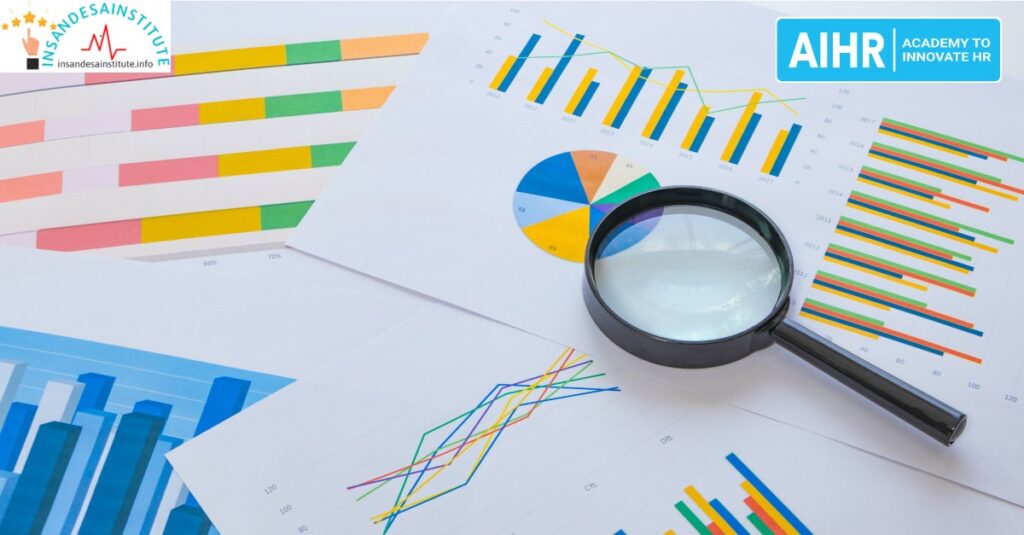Introduction
The convergence of COVID-related financial challenges, escalating living costs, and a remote workforce has created a perfect storm for small businesses and real estate investors. Taking proactive measures is crucial to weathering the storm.
The Current Economic Landscape
For the past 18 months, financial experts and industry professionals have been anticipating an economic downturn. However, their predictions have, thus far, proven to be incorrect.
The general public is grappling with confusion. Trust in political leaders, information sources, healthcare providers, and even experts has eroded. This lack of trust, coupled with the shift to remote work for many employees due to the pandemic, has prompted individuals to reevaluate their lives and the locations where they choose to offer their services.
Notably, a significant number of mid-and upper-level employees prefer remote work and may never return to traditional office spaces. This shift in work dynamics will have far-reaching implications, including potential challenges for landlords in filling commercial spaces.
Factors Affecting the Current Economic Situation
COVID-19, along with the emergence of variants like Delta, Omicron, and the highly transmissible BA.2 variant, has resulted in a substantial decrease in available workers, both remotely and on-site. This has severely disrupted supply chains and distribution networks. The disruption is exacerbated by suppliers struggling to provide necessary components due to workforce disruptions in factories. Additionally, transportation and delivery of goods have been impacted by COVID-related factors such as a shortage of truck drivers. The supply chain disruptions paint a grim picture.
Furthermore, the ever-changing political climate poses risks of imposing significant tariffs, embargoes, and economic sanctions, potentially pushing the United States into troubled economic waters. Inflation also looms as a pressing concern. On the bright side, until recently, the stock market and overall economy were performing well. However, market volatility may serve as a forewarning of challenging times ahead.
Will this confluence of factors eventually lead to the predicted economic downturn? Nobody can say for certain. However, it is worth examining the factors that have thus far prevented the anticipated slump.
Banking and Financial Considerations
Since the pandemic began, regulators have refrained from pressuring banks to take action against defaulted loans. Historically, banks have been inclined to delay addressing defaulted loans, as long as doing so does not significantly impact the loans’ accounting value in relation to the banks’ capital requirements. The regulators’ lenient approach has allowed banks to continue down this path.
While this laissez-faire approach has had short-term positive effects on the economy, regulators will eventually acknowledge that their actions may lead to misleading financial statements for banks.
It is unlikely that regulators will change their stance before the upcoming midterm elections later this year. Nevertheless, they will eventually need to put a stop to banks avoiding the recognition of defaulted loans. Failing to do so risks perpetuating a situation where the financial system misrepresents the value of its loan assets, thereby undermining the credibility and stability of the entire financial system.
In conclusion, proactive measures are crucial for individuals and businesses navigating the economic challenges brought on by the pandemic and other disruptive factors. Staying informed, adapting to changing circumstances, and maintaining financial prudence will be key in withstanding the potential wave of bankruptcies and ensuring long-term stability.



